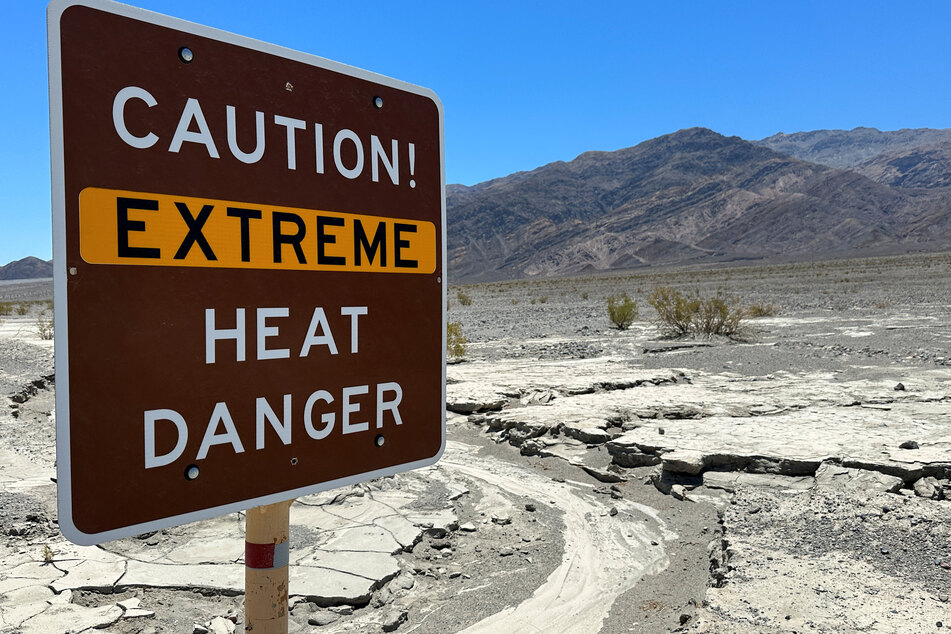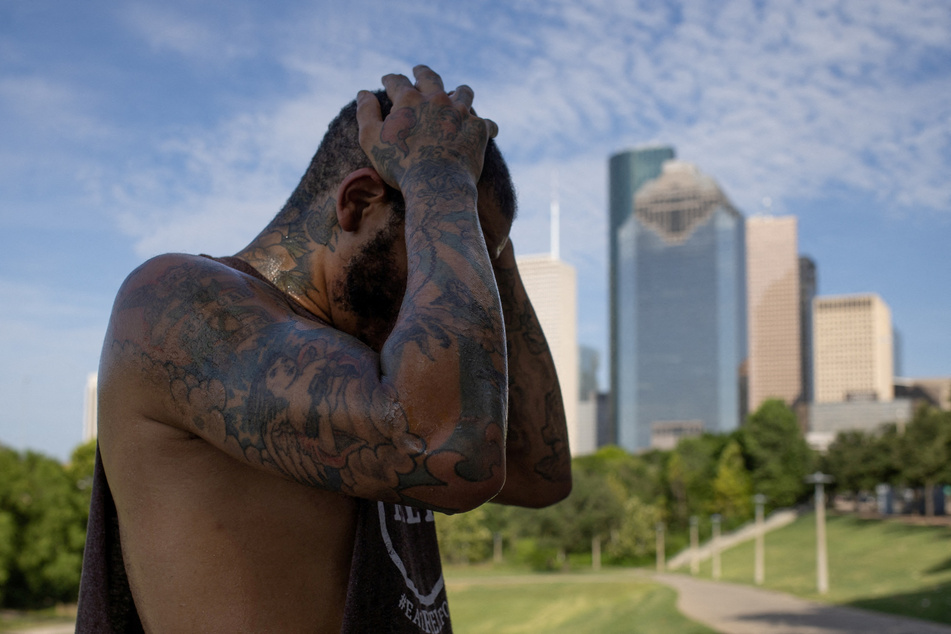Heat dome continues to roast large parts of the US as millions struggle
Houston, Texas - Tens of millions of Americans braced for more sweltering temperatures Sunday as brutal weather conditions threatened to break records due to a relentless heat dome that has baked parts of the country all week.

The National Weather Service (NWS) warned of an "extremely hot and dangerous weekend," with daytime highs routinely ranging between 10 and 20 degrees Fahrenheit above normal in the West.
Residents of central and southern California saw thermometers peaking at 105 to 110 degrees Fahrenheit on Saturday, it said.
By Saturday afternoon, California's famous Death Valley, one of the hottest places on Earth, had reached a sizzling 124 degrees, with Sunday's peak predicted to soar as high as 129. Even overnight lows there could exceed 100 degrees.
The heat is forecast to remain anchored over the west for the weekend, "growing hotter in the South by early next week," according to the NWS.
Authorities have been sounding the alarm for days, advising people to avoid outdoor activities in the daytime and to avoid dehydration, which can quickly become fatal in such temperatures.
In Arizona, the state capital of Phoenix has recorded 16 straight days above 109 degrees Fahrenheit, as temperatures hit 117 Saturday afternoon and are expected to stay above 90 overnight.
The NWS said Phoenix is "likely to register its hottest week on record by 7-day temperature average."
The city has organized volunteers to direct residents to cooling centers and distribute bottles of water and hats, but program head David Hondula told the local ABC station that its three-days-per-week schedule is "clearly... not enough" as the heat intensifies.
Houston residents asked to conserve energy

The NWS has said that "heat is the leading weather-related killer in the US" and to take the risk "seriously."
At a construction site outside Houston, a 28-year-old worker who gave his name only as Juan helped complete a wall in the blazing heat.
"Just when I take a drink of water, I get dizzy, I want to vomit because of the heat," he told AFP. "I need something else, a Coca-Cola, a Gatorade – and cold – just to be able to keep going."
Residents have been asked to conserve energy from 2:00 to 10:00 PM Saturday through Monday by provider Reliant Energy, in an attempt to mitigate high demand.
Further west, the Texas border city of El Paso marked its 30th consecutive day of temperatures reaching or topping 100 degrees Saturday, though it had dipped slightly to 89 by the evening.
Heat waves are occurring more often and more intensely in major cities across the US, according to the federal Environmental Protection Agency, with a frequency of six per year during the 2010s and 2020s compared to two per year during the 1960s.
"This heat wave is NOT typical desert heat," the NWS's Las Vegas branch tweeted, specifying that "its long duration, extreme daytime temperatures, & warm nights" were unusual.
The US heat wave comes after the EU's climate-monitoring service said the planet saw its hottest June on record last month, a new reality linked inextricably to global warming caused by humanity's dependence on fossil fuels.
Cover photo: REUTERS

